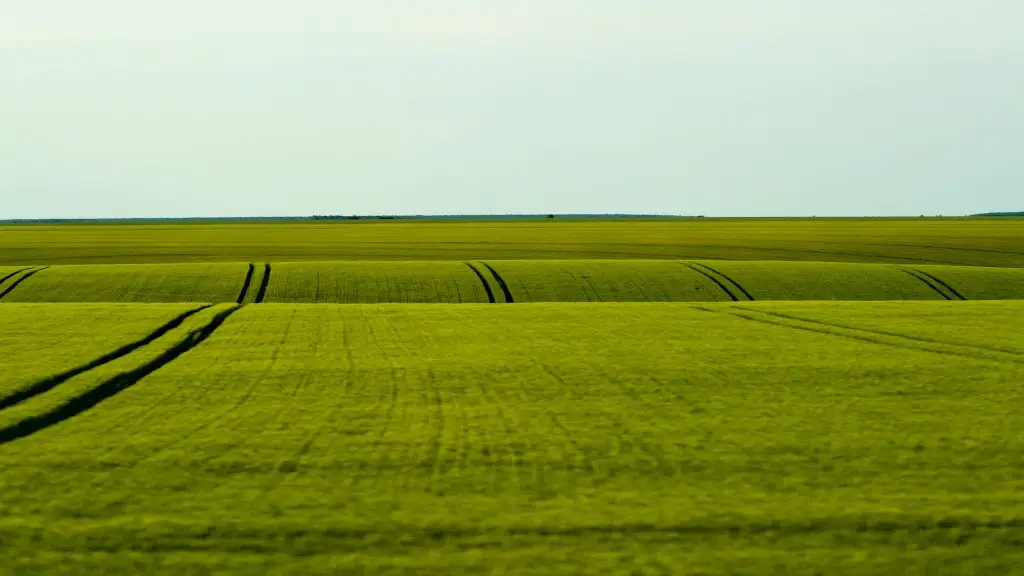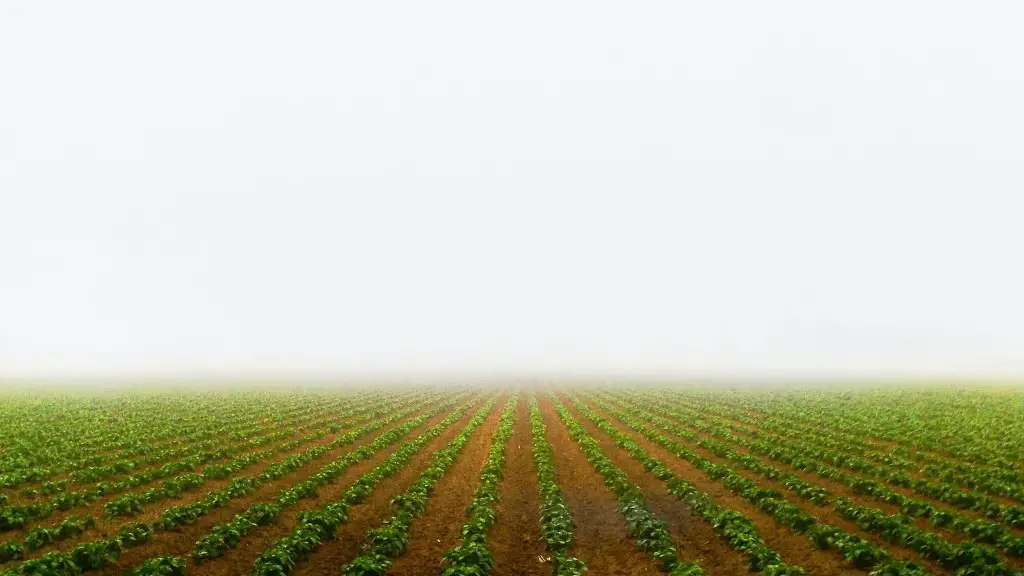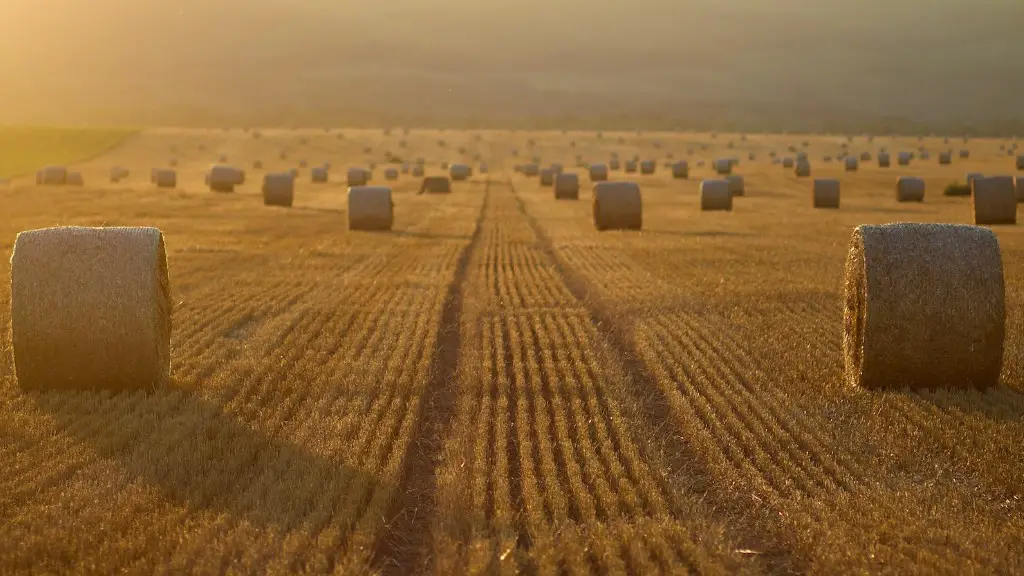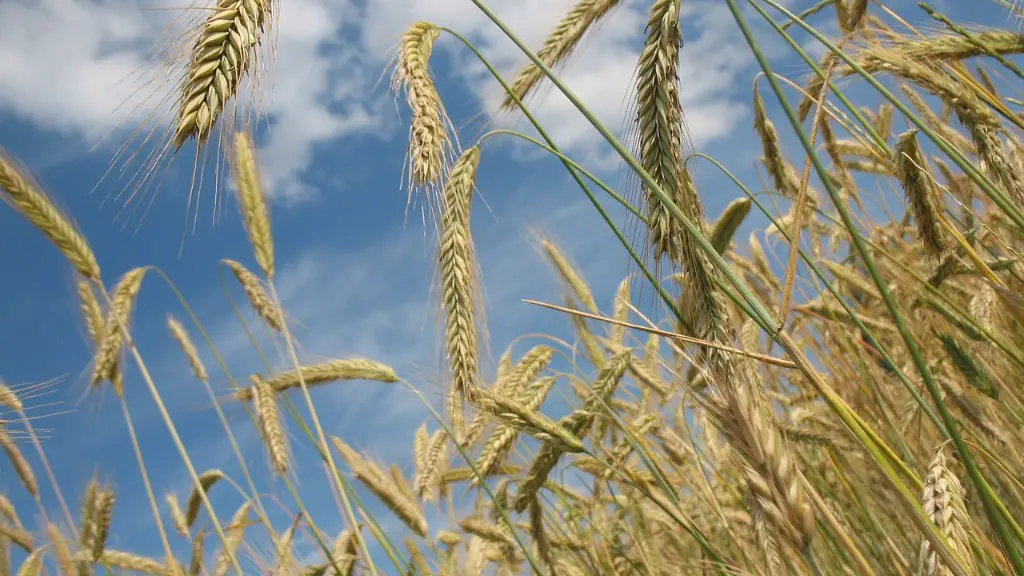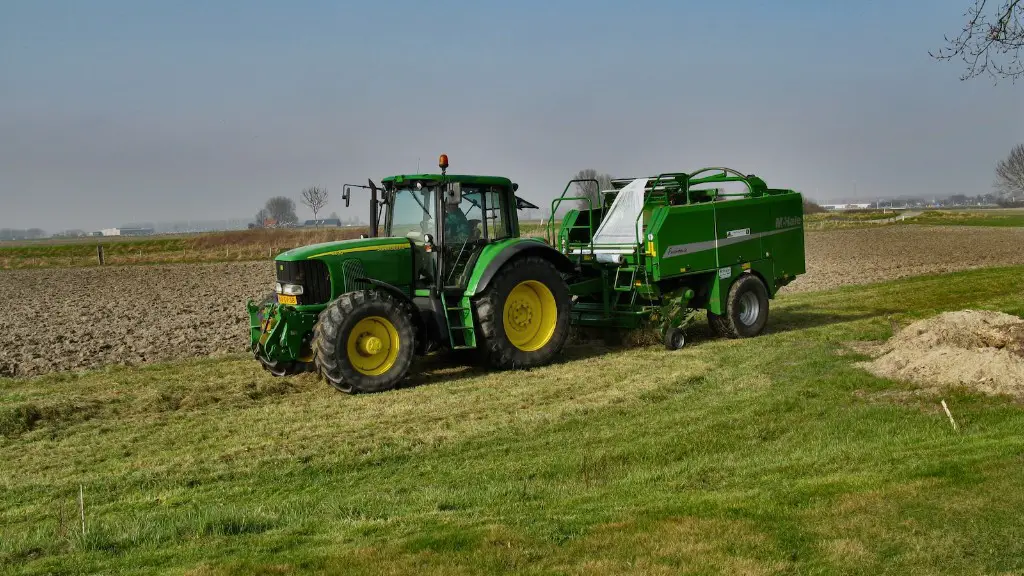In recent years, water pollution has become an increasingly prevalent problem in agricultural regions across the globe. Water pollution occurs when harmful chemicals or other contaminants are introduced into a body of water, and can cause serious damage to crops and livestock. Agricultural runoff is one of the most common sources of water pollution in agricultural areas, as it can carry pesticides, herbicides, and other chemicals from fields into waterways. In addition to harming crops and livestock, water pollution can also contaminate groundwater supplies and make it difficult for farmers to irrigate their crops. As the problem of water pollution continues to grow, it is important to understand its effects on agriculture in order to develop effective solutions.
Water pollution can have a number of adverse affects on agriculture. It can reduce crop yields, degrade the quality of the crop, and contaminate the water used for irrigation. Water pollution can also have an indirect impact on agriculture by affecting the quality of the soil and the availability of water.
How does pollution affect agriculture?
Agricultural fertilization is a necessary part of food production, but it also creates air pollution that can have a direct impact on crops. Nitrogen oxides, which form smog and acid rain, can damage plant roots and leaves, and limit yields. This puts food at risk, and highlights the need for better air quality management on farms.
Phytotoxicity is a major problem when it comes to chemical pollutants in the environment. When these pollutants build up in aquatic or terrestrial environments, plants can absorb them through their roots, which can lead to poisoning. This can cause a variety of problems for plants, including poor growth, dying seedlings and dead spots on leaves.
How does water pollution affect farm animals
Stagnant water contaminated with manure or other nutrients is a breeding ground for blue-green algae. When these algae bloom, they can release toxins that can poison livestock, causing muscle tremors, liver damage, and death. To prevent this, it is important to keep water sources clean and free of contamination.
Water pollution has a range of deleterious effects on ecosystems, human health, and quality of life. Aquatic ecosystems are particularly vulnerable to water pollution, as they are often directly impacted by contaminated water sources. This can lead to the depletion of biodiversity, as well as the unbridled proliferation of phytoplankton in lakes (known as eutrophication). The contamination of the food chain is another major concern, as water pollution can make certain food items unsafe for human consumption. This can lead to a lack of potable water, as well as a range of waterborne diseases. Finally, water pollution can also lead to infant mortality, as contaminated water sources can lead to a range of health problems in young children.
Is agriculture the main cause of water pollution?
Water pollution from agriculture is a huge problem all over the world. Nitrate from farming is the most common chemical contaminant found in groundwater aquifers. This pollution is causing serious health problems in many communities. The good news is that there are ways to reduce water pollution from agriculture. We need to implement better farming practices and use more environmentally-friendly fertilizers and pesticides. We also need to educate farmers on how to reduce water pollution from their operations.
It is estimated that on average, farms around the world account for 70% of all water that is consumed annually. Of that 70% used by farmers, it is estimated that 40% is lost to the environment due to poor irrigation systems, evaporation, and overall poor water management. These water losses can have a significant impact on the local water supply, and can also contribute to climate change.
How can water pollution affect plants and animals?
Water pollution is a major problem for aquatic animals. Many of them ingest plastics, which can hurt their digestion, damage body parts, and make it difficult for them to swim. They can also harm their ability to grow and reproduce. Many plastics also contain toxins that make animals sick. Oil is another major cause of water pollution.
A pathogen is a microorganism that can cause disease. When water is polluted with pathogens, it can negatively affect the regeneration and production of fish, which reduces food availability. Fish might be infected with pathogens and consumption of infected fish might lead to human health risks (UNEP, 2016), and reduce food safety. To protect both human health and the environment, it is important to keep waters free of pathogens.
How does polluted water affects plants animals and people
Polluted water not only harms the quality of life for aquatic creatures, but also their ability to reproduce. This severely impacts the health of future generations and the food chain as a whole. diseases are also spread more easily when animals drink polluted water, putting everyone at risk.
One of the main sources of pollution in rivers is agricultural runoff. This includes anything that is used on or around farms, such as fertilizers, pesticides, and animal waste. These can all leach into the groundwater and contaminate the water supply. another potential source of agricultural pollution is irrigation. When water is used to water crops, it can leave behind salts and minerals that can build up and pollute the soil and water.
How can we reduce water pollution in agriculture?
It is very important to take measures to protect our water sources from contamination and pollution. One way to do this is to plant native trees and shrubs, and to keep livestock away from water’s edges. Another way to protect our water is to leave grass or native buffers between tilled fields and streams. This will help to filter out any harmful chemicals or pollutants that could contaminate the water. Finally, it is important to cover manure piles and to plant a grass or native buffer between agriculture activities and streams. By taking these simple steps, we can help to keep our water sources clean and safe for everyone to enjoy.
Agricultural contaminants, such as fertilizers and pesticides, can impair the quality of surface water and groundwater. These substances can runoff and infiltrate into local streams, rivers, and groundwater, making them unsafe for human and environmental health. It is important to use these products sparingly and carefully to minimize their impact on our water resources.
How does water pollution affect us
More than 50 kinds of diseases are caused by poor drinking water quality, and 80% of diseases and 50% of child deaths are related to poor drinking water quality in the world. However, water pollution causes diarrhea, skin diseases, malnutrition, and even cancer and other diseases related to water pollution.
Contaminated water and poor sanitation are indeed linked to the transmission of diseases such as cholera, diarrhoea, dysentery, hepatitis A, typhoid and polio. Proper sanitation measures must be taken in order to prevent the spread of these diseases.
What is water pollution main causes and effects?
Water pollution is a grave environmental issue that needs to be addressed immediately. It occurs when water bodies such as rivers, lakes, oceans, groundwater and aquifers get contaminated with industrial and agricultural effluents. This pollution adversely affects all lifeforms that directly or indirectly depend on this source.
Water pollution leads to the depletion of the quality of water, which is essential for all life forms. It also affects the quality of air and soil. Moreover, it creates health hazards for both humans and animals. Hence, it is important to take measures to prevent water pollution.
Water pollution is a serious issue that needs to be addressed. There are many different agricultural contributors to water pollution, and it is important to target these contributors in order to control water pollution. Nutrients, pesticides, salts, sediments, organic carbon, pathogens, metals and drug residues are all major agricultural contributors to water pollution. Controlling these contributors is essential in order to protect our water sources.
How water affects the agricultural development
Irrigation is a vital tool for increasing agricultural production. By expanding the cultivable area beyond that which is possible under rainfed agriculture, and by increasing crop yields, irrigation can have a significant impact on the food security of a region. In areas where water is scarce, irrigation can be a critical factor in ensuring the sustainability of agriculture.
The water demand for food production is high and will continue to rise. A large amount of water is lost due to poor irrigation, roughly around 40%. Plants need water for every growing stage, from seeding to harvest.
Warp Up
Water pollution has a number of devastating effects on agriculture. It can make crops and plants more susceptible to disease and pests, it can decrease the quality of the soil, and it can contaminate the water supply. Water pollution can also make it difficult for farmers to irrigation and can reduce the yield of crops.
Water pollution can have a devastating impact on agriculture. It can contaminate crops and soil, contaminate water supplies used for irrigation, and kill livestock. This can lead to serious economic losses for farmers and can jeopardize food security.

